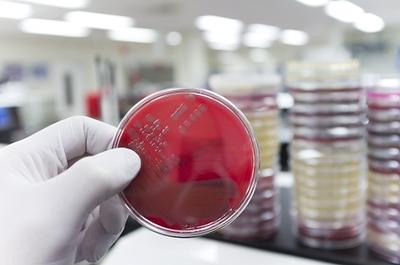
Infectious diseases pose one of the greatest threats to mankind. However, in many developing countries, little surveillance is undertaken for vaccine-preventable infections which have not yet been added to the National Immunisation Programme. Knowledge of the prevalence of antibiotic resistance and circulating bacterial types amongst respiratory pathogens is poorly understood. This pump priming project with the Universiti Sultan Zainal Abidin (and through Hospital Sultanah Nur Zahirah) will help address this issue.
The pneumococcus remains an important cause of ear infections, airway disease, meningitis and blood poisoning worldwide. The first modern vaccine against pneumococcal infection was introduced in 2001 and has since been added to childhood immunisation schedules in numerous countries worldwide. There has been a significant reduction in disease caused by pneumococci which are covered by the vaccine. However, a relative increase in pneumococci not covered by the vaccine has been noted in various countries. The frequency of these non-vaccine pneumococci needs to be monitored as some may be antibiotic resistant and spread internationally, resulting in an increase in pneumococcal infection. Existing DNA sequencing technologies have provided an insight to the frequency of different types of pneumococci but current platforms are large and expensive. New DNA sequencing technologies will enable the rapid and high-throughput characterisation of pneumococci and could be introduced in developing countries in the near future due to their lower cost and decreased laboratory footprint.
This research project links the University of Southampton's Faculty of Medicine and Faculty of Physical Sciences and Engineering, Public Health England (Porton Down), and Universiti Sultan Zainal Abidin (UniSZA) in Malaysia. The team will assess the use of cutting edge MinION sequencing technology for the characterisation of infectious diseases. This technology will be used to identify specific AMR genes in colonising respiratory pathogens and to better inform the epidemiology of Streptococcus pneumoniae (the pneumococcus). The raw data from a signal processing perspective will also be examined to potentially improve AMR gene identification events.
Project Team:
- Dr David Cleary, Faculty of Medicine
- Professor Mahesan Niranjan, Faculty of Physical Sciences & Engineering
- Dr Stuart C. Clarke, Faculty of Medicine
- Dr Mike Elmore, Public Health England
- Dr Steven Pullan, Public Health England
- Dr Yeo Chew Chieng, Universiti Sultan Zainal Abidin, Malaysia